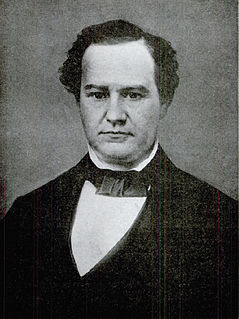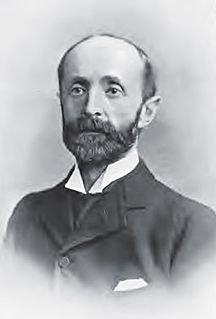A Quote by George Herbert
A wise man needes not blush for changing his purpose.
Related Quotes
A man with a half volition goes backwards and forwards, and makes no way on the smoothest road; a man with a whole volition advances on the roughest, and will reach his purpose, if there be even a little worthiness in it. The man without a purpose is like a ship without a rudder - a waif, a nothing, a no man. Have a purpose in life and having it, throw such strength of mind and muscle into your work as God has given you.
It is ignorance that is at times incomprehensible to the wise; for instance, he may not see 'the positive person' or 'the negative person' in a black and white way as many people do. A wise man may not understand it because, as a catalyst of wisdom, but not wise in his own eyes, even he can learn from and give back to fools. To think that an individual has absolutely nothing to offer to the table is counter-intuitively what the wise man considers to be 'the ignorance of hopelessness'.
The question that faces every man born into this world is not what should be his purpose, which he should set about to achieve, but just what to do with life? The answer, that he should order his life so that he can find the greatest happiness in it, is more a practical question, similar to that of how a man should spend his weekend, then a metaphysical proposition as to what is the mystic purpose of his life in the scheme of the universe.





































